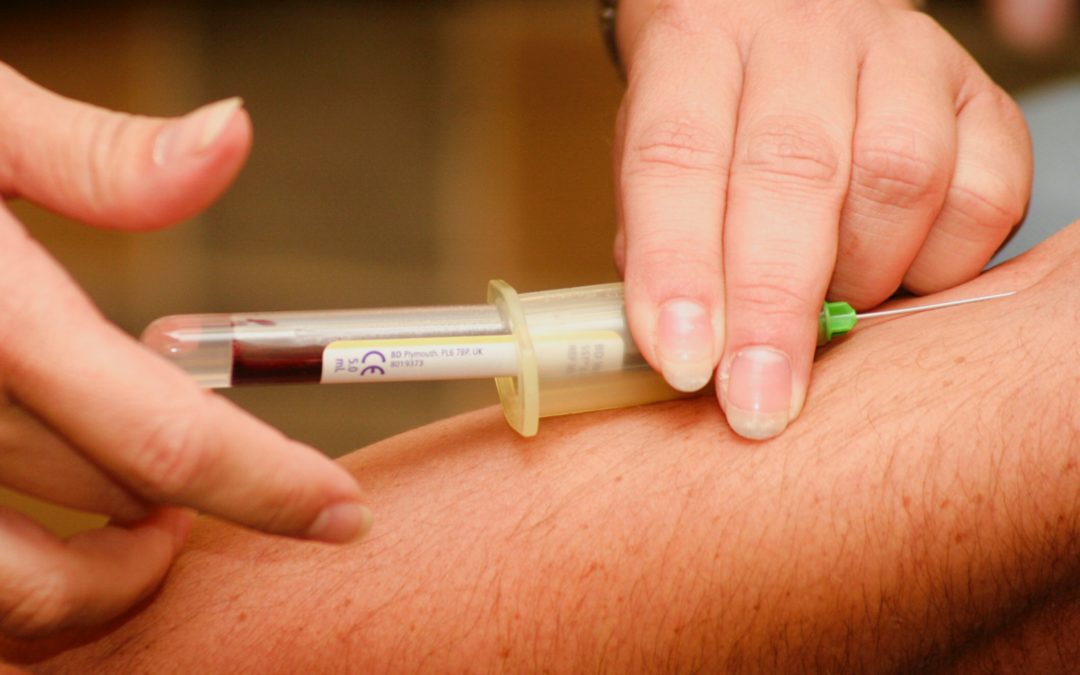By Romelda C. Ascutia
“Your cholesterol is high,” the doctor says, scanning the result of my blood test. My blood cholesterol level is nearly 240mg/dl, above the limit of 200mg/dl.
She prescribes cholesterol-lowering medicine and puts me on a low-fat diet. I’m told to avoid fried, fatty foods and stick to dishes boiled or grilled. She also advises me to cut down on rice and skip the full-cream dairies.
Now I cannot deny my age. I can no longer get away with eating foods that are smothered in grease, fat, butter, cream, and all those ingredients that make eating such a pleasure.
My eating habits will have to change from now on, if not for my sake, then for the sake of my two boys. I don’t want to follow in the footsteps of other parents who died of a heart attack or stroke at a relatively young age, leaving behind young, helpless kids, because they neglected their health.
Contrary to popular belief though, cholesterol per se is not bad for you. It’s actually an essential substance (it looks like wax) that our liver produces to enable certain body functions to continue. It’s required in manufacturing vitamin D, building cell walls and hormones, and producing bile salts for fat digestion.
It’s when there’s too much cholesterol in your blood, usually gained from what you eat, that the problem sets in, because then not all the cholesterol is removed from your bloodstream. The excess is deposited along the walls of the blood vessels as plaque, clogging them to the point where it can block blood flow to the heart or brain, triggering either a heart attack or stroke.
Taking care of one’s health is part and parcel of being a good parent. And that’s why I’m doing research on how to lower blood cholesterol. In addition to taking medication, I found out that dietary and lifestyle changes must be included for any cholesterol-reduction program to work.
I must take note of my cholesterol intake. Cholesterol intake should be less than 300 milligrams a day, total fat intake 30 percent or less of my total calories, saturated fat intake 10 percent or less of the total daily calories, and trans fat intake less than 1 percent of total calorie consumption.
I must maintain a healthy weight. Obesity has been linked to high cholesterol levels.
I must build up a sweat. Thirty minutes of moderate physical activity (biking, walking, swimming) most days of the week can lower cholesterol and help lose extra pounds.
I must choose low-cholesterol foods like fruits, vegetables, whole grains (like oats, whole wheat breads and cereals), legumes (beans), and fish. Experts recommend five daily servings of fruits and vegetables every day.
I must go for lean meat and remove noticeable fat before cooking and use skinless poultry. Rather than frying, I will try boiling, broiling, baking, roasting, poaching, steaming, or sautéing. I can also get protein from non-meat sources, such as fish, beans, peas, nuts, and soy products.
I must learn to substitute like choosing low-fat or nonfat milk over the full-cream variety. They have all the nutrients of whole milk, but none of the fat. Rather than cream cheese or sour cream, I’ll opt for low-fat or nonfat dairy substitutes like low-fat buttermilk or yogurt.
I must be picky with eggs. One of the things I miss the most is eggs. Because the yolk is high in cholesterol, I content myself with just the egg white.
I must snack wisely. Fast foods and junk foods are high in fat, sodium, and cholesterol that burden the heart. It’s better to eat fresh fruits, raw veggies, low-fat dips, low-fat whole-grain crackers, unsalted popcorn or pretzels, gelatin, or low-fat yogurt.
Photo by Hush Naidoo on Unsplash


i’m going to try these dietary adjustments too. high cholesterol levels run in both sides of our family and my doctor told me that this puts me at a greater risk of getting high cholesterol than other people. health is wealth after all! 🙂